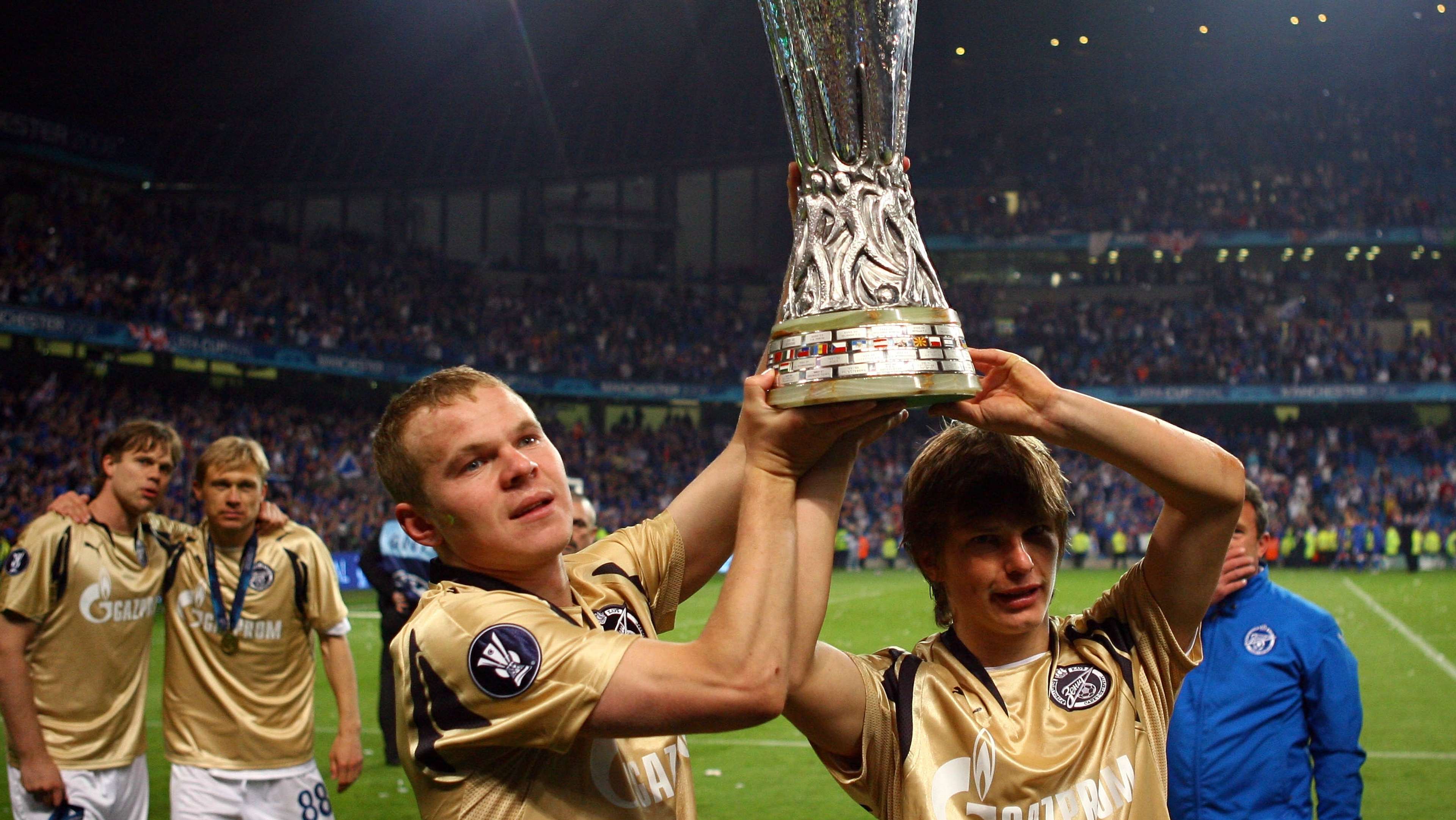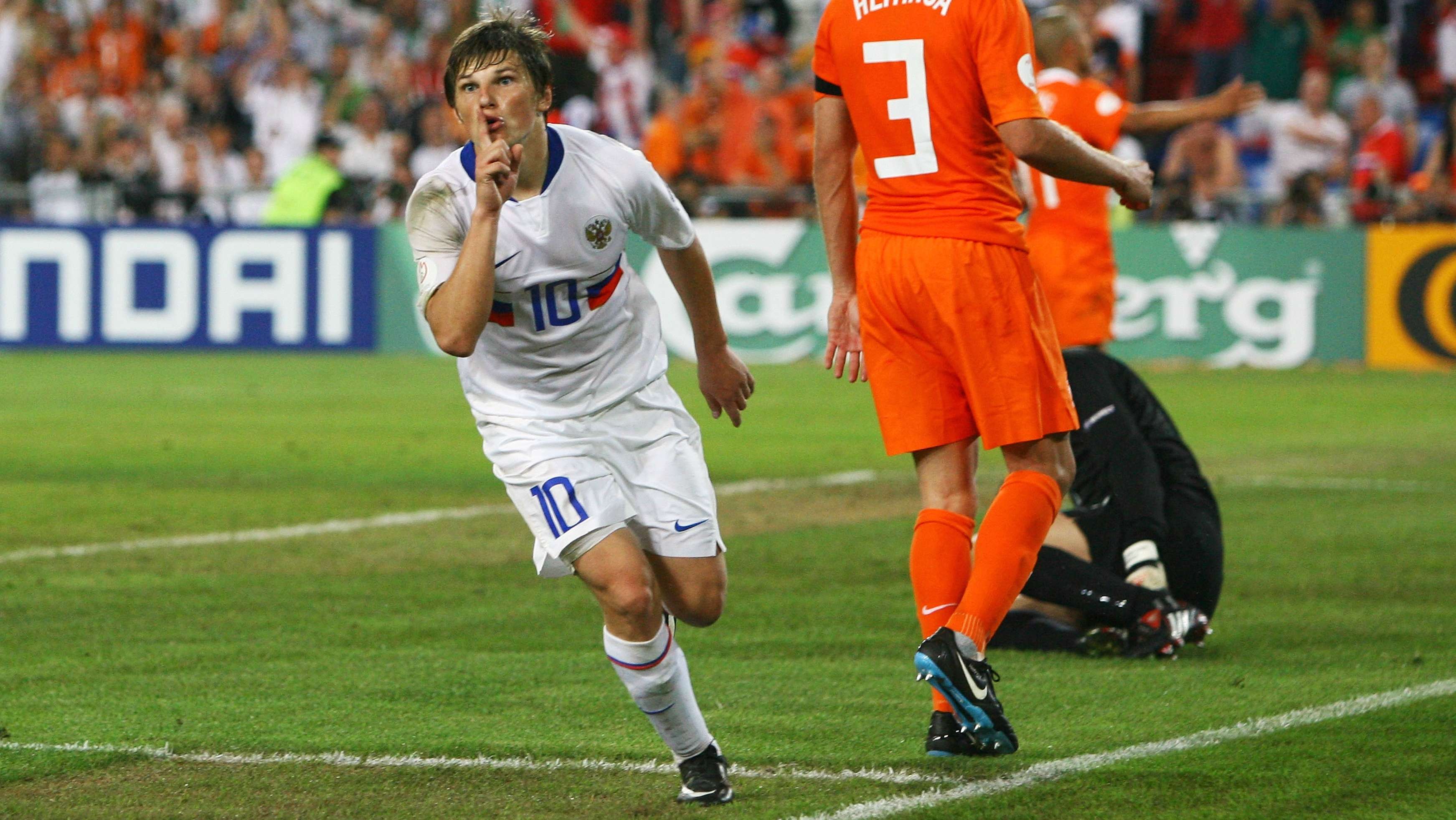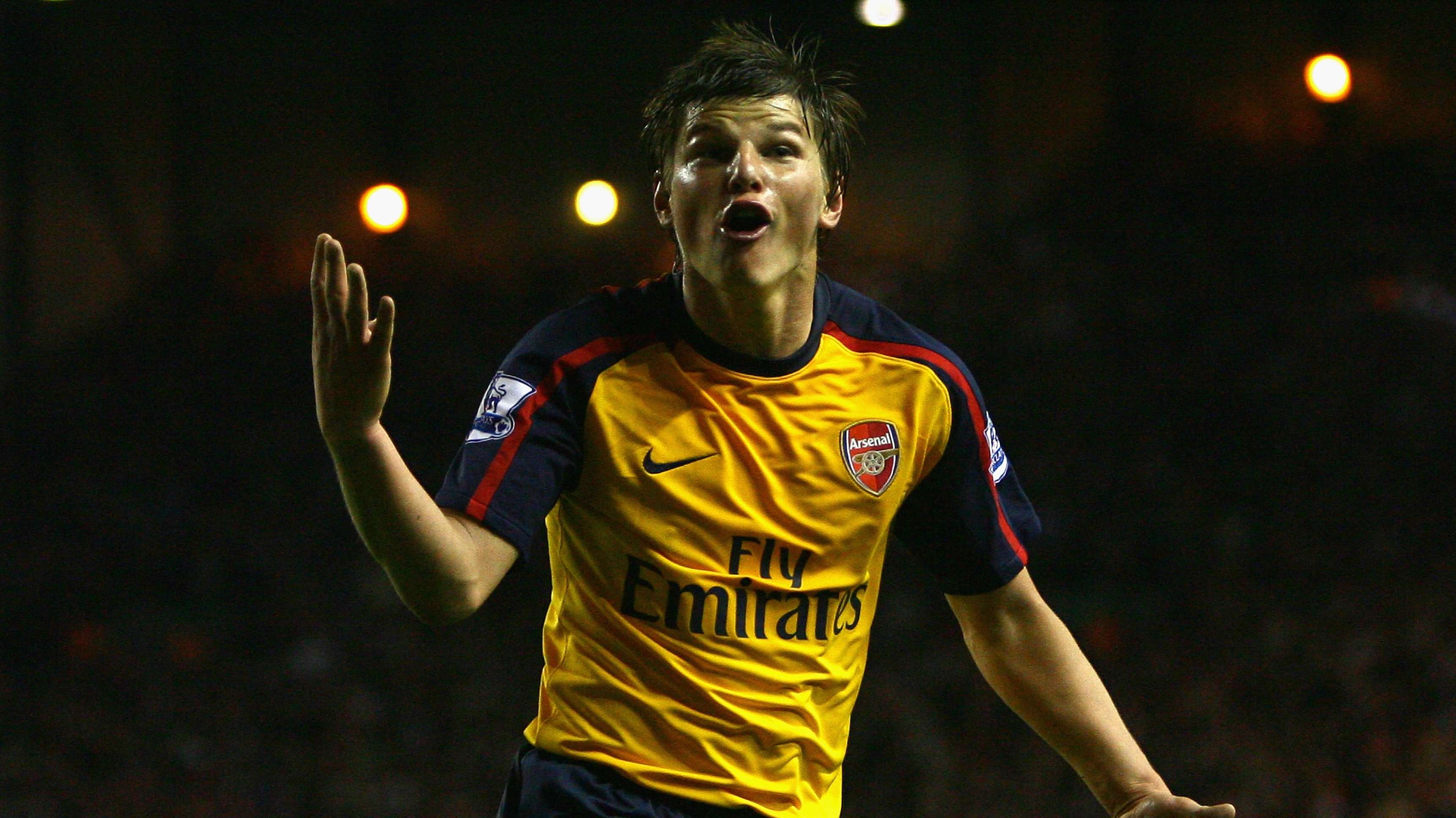Andrey Arshavin, one of the greatest and most enigmatic footballers Russia has ever produced, has announced that he will retire at the end of the season.
The 37-year-old, who currently plies his trade in Kazakhstan for FC Kairat, indicated that the country’s cup final on November 24 would be his last game of football – one last chance to add to the lengthy list of honours he has accumulated over his storied career.
Arshavin first began playing football in his hometown of Leningrad at the age of seven. Even then, he was much smaller than his peers, and he was often overlooked by team coaches as a result. However, his natural talent, combined with encouragement from his father, himself an amateur footballer, pushed him to secure a contract with local side Zenit.
He made his first-team debut for Zenit in 2000, coming on as a substitute during an Intertoto Cup match against Bradford City. He quickly established himself as a permanent fixture in the team due to his versatility – he could play all over the midfield – but he excelled in the hole behind the striker, a position he would make his own.
In spite of his talent, however, there always lingered doubts as to his commitment to the game. “He was never the most ambitious person,” Russian football journalist Artur Petrosyan later told Sky Sports . “That's a problem with a lot of Russian players. It's a problem with their mentality. When they achieve success and earn some good money, they just stop progressing and that's it for them. That's what happened with Arshavin.”
After eight years with Zenit, culminating in 2007-08 with Zenit’s first league win since 1984 and first ever European trophy, the UEFA Cup, the stage was set for Euro 2008, which saw Arshavin catapulted into the limelight.
Despite being suspended for the first two group games (having been sent off in the final qualifier against Andorra), Andrey made a triumphant return for the third game against Sweden, scoring the second of Russia’s goals and ensuring that the team made it to the quarter finals, where they met Netherlands.
That game has gone down in Russian folklore as one of the greatest performances by a Russian national team on the big stage. Arshavin was in top form, scoring the Russians’ third goal in their 3-1 extra time victory and cementing himself as an icon of Russian football as well as drawing the attention of Arsenal boss Arsene Wenger.
 Getty
Getty
 Getty
Getty
What followed was a lengthy and controversial transfer saga. Wenger was determined to get his man, and Zenit were determined to keep hold of their talisman.
Arshavin made it very clear that he wanted the move, much to the disgust of his fans in St Petersburg. He cut short his holiday in Paris to fly to London and reach personal terms before the two clubs had even reached an agreement. When the fee of £15 million (€16.5m) was finally hammered out on deadline day in early February, Arshavin eagerly signed off on the deal, becoming Arsenal’s record signing.
He enjoyed some early success in north London. In particular, in April 2009, Arshavin put in possibly the most memorable performance of his entire career against Liverpool at Anfield, scoring all of his side’s goals in a thrilling 4-4 draw. He added another two goals to his tally, along with seven assists, helping Arsenal to end the season in the Champions League spots.
 Getty
Getty
Although he made over 90 appearances for the club, those moments of brilliance grew fewer and further between. By the time of his other defining moment in an Arsenal shirt – a sumptuous strike to gift Arsenal a first-leg victory over Pep Guardiola’s Barcelona in the Champions League last 16 – it was already clear that he was not the world-beater Wenger had hoped for.
To an extent, it could be said that Arshavin was not suited to English football. His small frame and philosophical approach to the game – he preferred to take his time on the ball, rather than rushing about for 90 minutes – made him a poor fit for the physicality of the Premier League. He was also usually deployed out wide, rather than in his preferred, central position behind the striker.
Moreover, he never took to life in London. He hated driving in the city, he found the “laddish” culture in the dressing room distasteful, and he never understood the tax system. His then wife Yulia immediately disliked England, calling it “boring” soon after the move.
 Getty
Getty
As his club form waned, his national team performances suffered, and so did his relationship with Russian fans. After the team’s failure to qualify from the group stage of Euro 2012, Arshavin, sick of the criticism he had received, released a video in which he told supporters: “If we didn’t meet your expectations, that’s your problem!”
In 2013 Arshavin returned to Zenit on a free transfer. He publicly stated that he was “very happy to put on Zenit’s shirt again”, but the magic he had produced during his first spell was a distant memory. He played more than 30 games over two seasons, but scored just three goals before moving to mid-table Kuban Krasnodar in 2015.
He never broke into the first team at Kuban, playing just eight matches without scoring, and at the end of the season his contract was not extended. Although he hinted at possibly ending his career, he instead signed for Almaty-based FC Kairat in March 2016.
As the big fish in a small pond, Andrey quickly established himself as one of the Kazakh league’s standout players, winning the Player of the Year award in his first season. He went on to score 24 goals in 76 games for Kairat. Now, after three years with the club, he has the chance, finally, to end on a high note.
